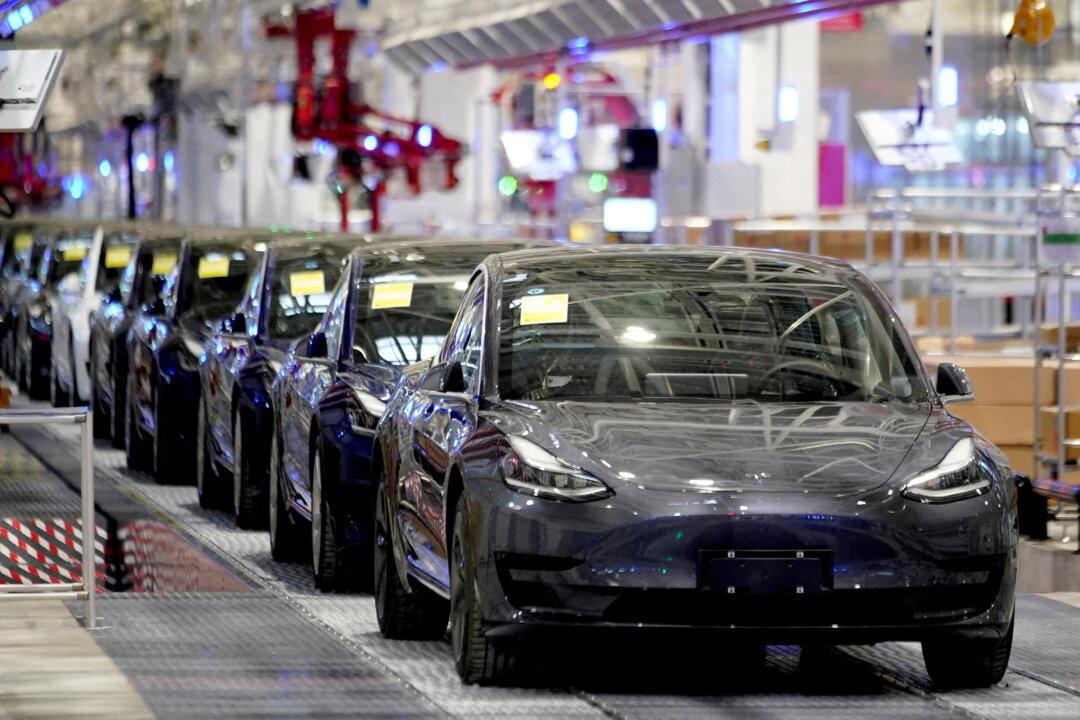Ottawa’s new surtaxes on Chinese-made electric vehicles and steel and aluminum imports are projected to raise $473 million in additional revenue over the next five years, the budget watchdog says.
On Oct. 1, the government imposed a 100 percent surtax on EVs imported from China, followed by a 25 percent surtax on Chinese-made steel and aluminum starting on Oct. 22. Ottawa said the measures aim to counter China’s “unfair” trade practices, including state subsidies and oversupply it says harms Canadian workers.





